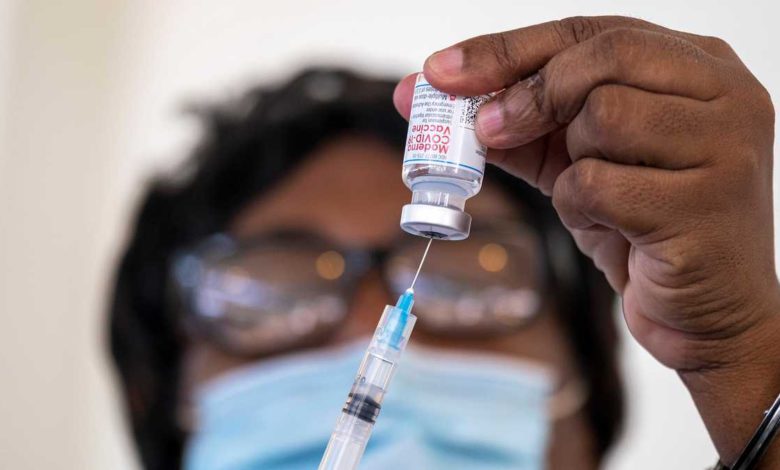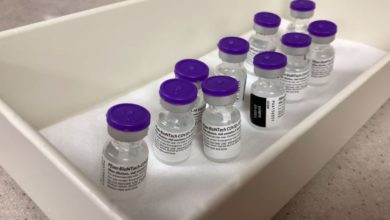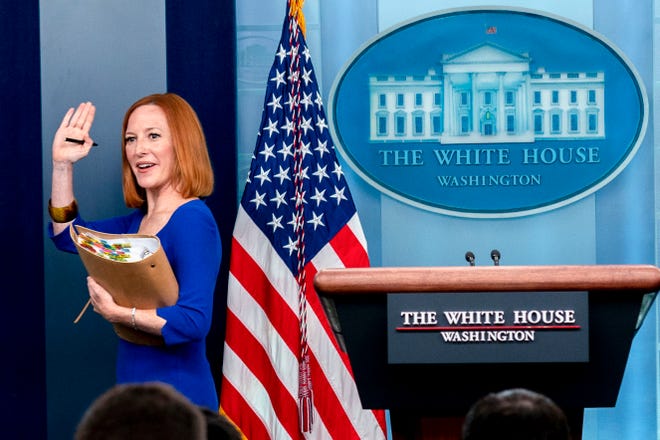
education, Labor and pensions Committee will please come to order C. D. C. Has released estimates of variants across the country and predicted. The delta variant now represents 83% of sequenced cases. This is a dramatic increase from from up from 50% of the week of july 3rd In some parts of the country, the percentage is even higher, particularly in areas of low vaccination rates. The message from CDC remains clear. The best way to prevent the spread of COVID-19 variants is to prevent the spread of disease, and vaccination is the most powerful tool we have. We must continue to expand vaccine coverage by building trust and confidence in COVID-19 vaccines and this is particularly important in communities of color, rural communities and other population groups at risk. We continue to recommend that schools implement layered prevention strategies to protect those who are not fully vaccinated and encourage vaccination for those who are eligible masks continue to be a critical part of these layered prevention strategies. Working together, school administrators and public health workers can carefully consider community transmission rates, local vaccine coverage and a current of outbreaks when deciding what strategies are needed to help prevent the spread of covid 19 and safeguard in person education. Our vaccines that we're using in this country are very effective against this variant, particularly I point out To the situation regarding advanced disease, leading to hospitalizations and deaths where it's still well in the 90% of effectiveness.
US renews 'public health emergency' declaration due to COVID-19 pandemic
Related video above: CDC says delta variant accounts for 83% of US casesThe United States remains under a state of "public health emergency" due to the COVID-19 pandemic.On Monday, U.S. Department of Health and Human Services Secretary Xavier Becerra signed a renewal of the determination that a "public health emergency" exists due to the COVID-19 pandemic.The determination was last renewed in April and was set to expire — as it is up for renewal every 90 days. This latest renewal is effective starting Tuesday and will continue for another 90 days.A public health emergency declaration, which can last for the duration of the emergency or 90 days, allows for the emergency use authorization of vaccines, the access of certain funds to address the emergency, and the deployment of military trauma care providers, among other factors.The White House had signaled for weeks that it planned to extend the public health emergency determination. In June, local health officials told CNN that the White House was expected to extend its declaration of a national public health emergency due to the pandemic."They are committed to ensuring that the emergency order remains in place through the end of the year — even as they recognize that the current order is about to expire in July," Lori Tremmel Freeman, chief executive officer of the National Association of City and County Health Officials, told CNN last month."There are a lot of things tied to that public health emergency order, including it helps states and local jurisdictions with the pandemic response, but it can be impactful to other forms of assistance like Medicaid eligibility coverage provisions that were changed under the declaration of a public health emergency order," Freeman said. "If an emergency order is lifted, some people could no longer be eligible for some of the health-related coverages that they had gotten under the emergency."The nation's public health emergency has been in place since late January 2020.
Related video above: CDC says delta variant accounts for 83% of US cases
The United States remains under a state of "public health emergency" due to the COVID-19 pandemic.
On Monday, U.S. Department of Health and Human Services Secretary Xavier Becerra signed a renewal of the determination that a "public health emergency" exists due to the COVID-19 pandemic.
The determination was last renewed in April and was set to expire — as it is up for renewal every 90 days. This latest renewal is effective starting Tuesday and will continue for another 90 days.
A public health emergency declaration, which can last for the duration of the emergency or 90 days, allows for the emergency use authorization of vaccines, the access of certain funds to address the emergency, and the deployment of military trauma care providers, among other factors.
The White House had signaled for weeks that it planned to extend the public health emergency determination. In June, local health officials told CNN that the White House was expected to extend its declaration of a national public health emergency due to the pandemic.
"They are committed to ensuring that the emergency order remains in place through the end of the year — even as they recognize that the current order is about to expire in July," Lori Tremmel Freeman, chief executive officer of the National Association of City and County Health Officials, told CNN last month.
"There are a lot of things tied to that public health emergency order, including it helps states and local jurisdictions with the pandemic response, but it can be impactful to other forms of assistance like Medicaid eligibility coverage provisions that were changed under the declaration of a public health emergency order," Freeman said. "If an emergency order is lifted, some people could no longer be eligible for some of the health-related coverages that they had gotten under the emergency."
The nation's public health emergency has been in place since late January 2020.
Source link







